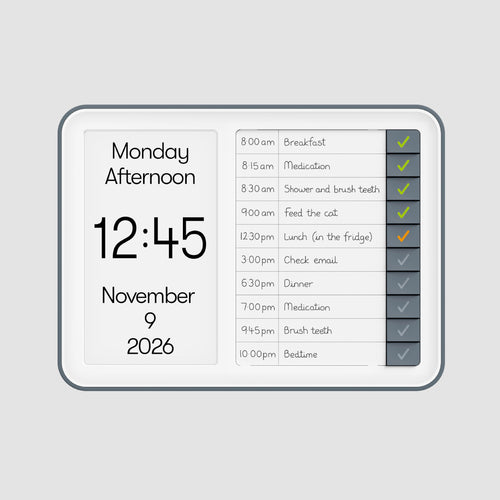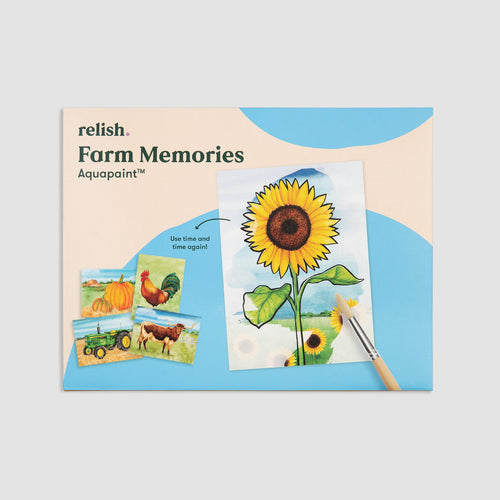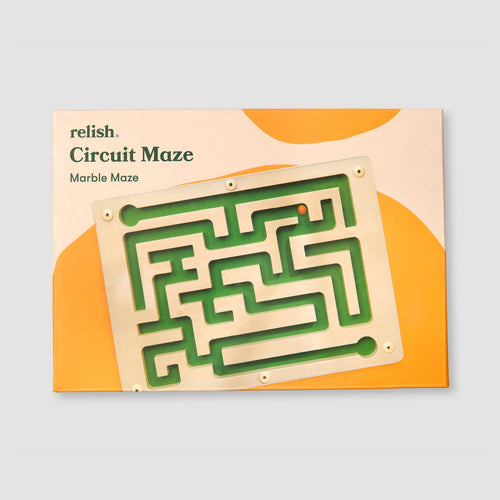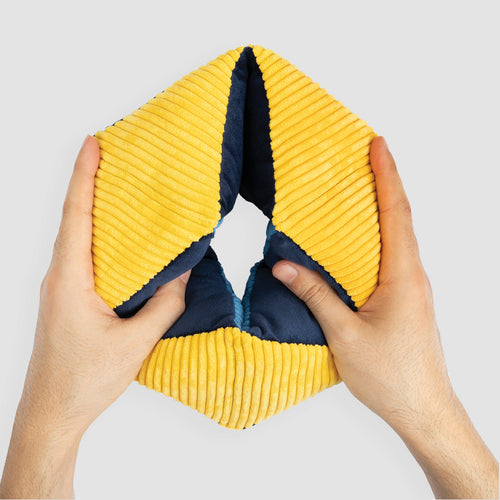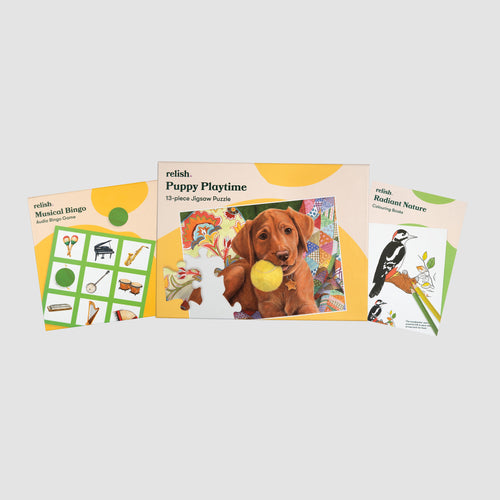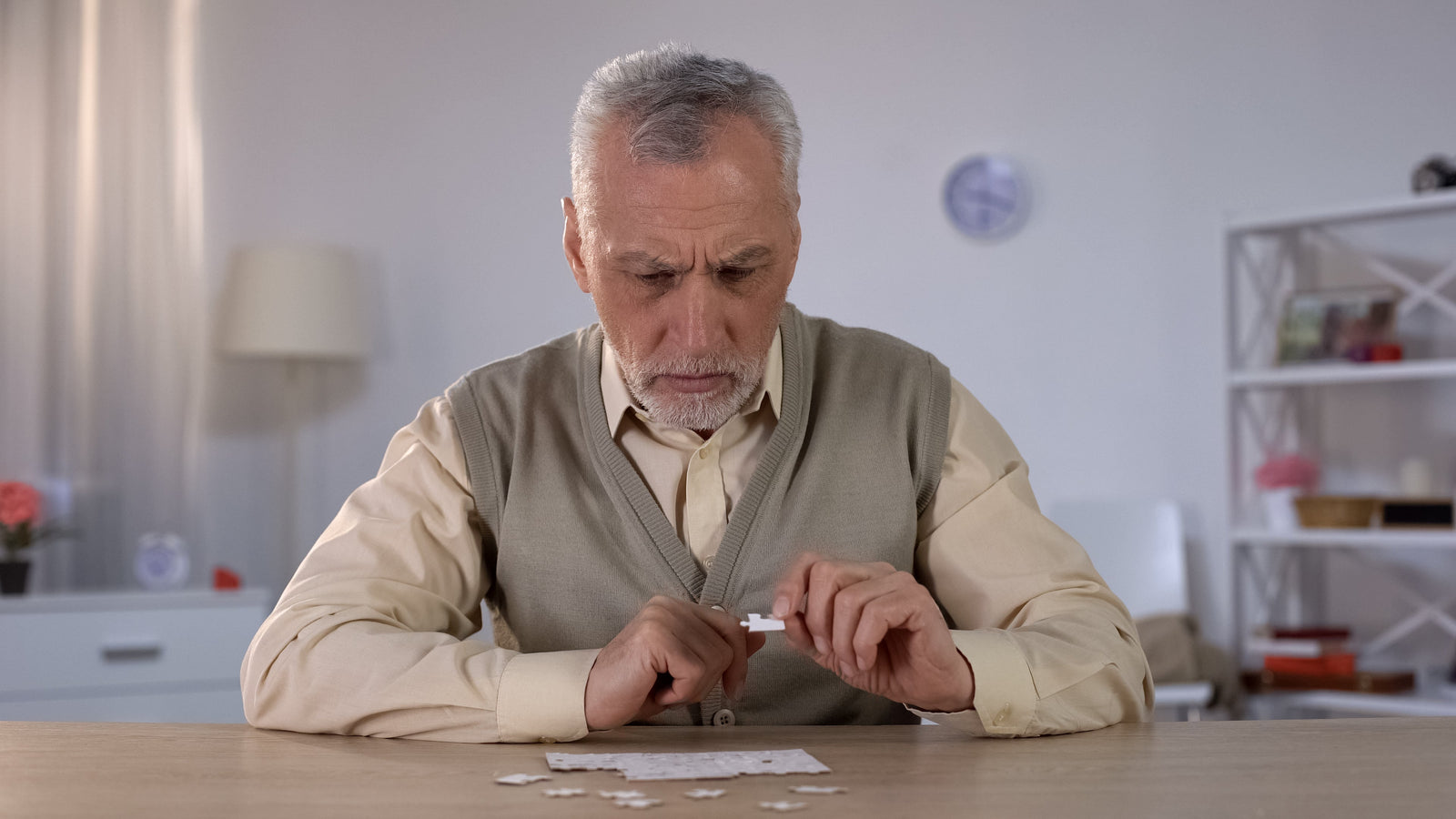Studies have shown that keeping the brain busy can slow the progress of dementia. Friends and loved ones living with dementia should keep active with both physical, where able to, as well as mental activities. It's even better when these are done alongside family or within group settings.
COVID-19 and accompanying quarantines can make it difficult to venture out and engage in activities outside of the home. Therefore, we’ve assembled some suggestions for stimulating activities you can do in your own living space which will help keep brains healthy.
Four Great Mind-Stimulating Activities For Those With Dementia That You Can Do At Home
1 - Puzzles and Games
Just about any traditional games or puzzles can be excellent for mental stimulation. You probably have some old board games lying around that you could all play together. Any sort of semi-competitive activity is extremely stimulating for the mind, as are puzzles such as word searches or crosswords. However, when those specific games become too much of a challenge, there are games designed specifically for every stage of dementia. These jigsaw puzzles and games give you a chance to continue the merriment - spending time together and enjoying each other keeping that competitive edge.
2 - Arts & Crafts
Another great option are creative arts. These activities also stimulate the mind, as well as giving people projects to work on that they can be proud of. Plus, you can find activities that appeal to specific interests which will not only help keep people engaged but also spark memories. A colour by number or even Aquapaints that simply require water and a gentle brush stroke, will turn a novice’s canvas into a work of art.
3 - Music
Music is a wonderful way to keep the mind active, because it's an "all brain" activity. Playing music stimulates the creative, logical, and communicative parts of the brain all at once. There are musical options to fit almost any level of physical dexterity. Basic instruments such as recorders could work, or various types of percussion if they've lost finger dexterity. Listening to music is just as powerful as making music as well. The transformative powers of music can be an orchestra for the mind.
4 - Virtual Meet-ups
You may not be able to leave the house, but that doesn’t mean you can’t socialize with friends and family. Technology has given us Zoom, Facetime, Skype, Portal and numerous opportunities to be there without really being there. While a quick conversation can stimulate the mind, sharing experiences and playing games through a virtual meeting can be a wonderful way of connecting and combatting isolation. Alzheimers.co.uk has some fantastic resources on setting up virtual meetings, as well as listings for dementia support/meet-up groups happening around Britain.
Relish Life – Bringing Joy to People Living with Dementia and Their Caregivers
Relish offers activities and ideas to boost wellbeing in those affected with memory loss. An invaluable resource to the dementia community, for over 10 years, Relish has designed and developed ways to help family, friends and caregivers make meaningful connections and engage people living with memory loss. Visit relish-life.com to learn more about staying active and bringing joy to life when living with dementia.
